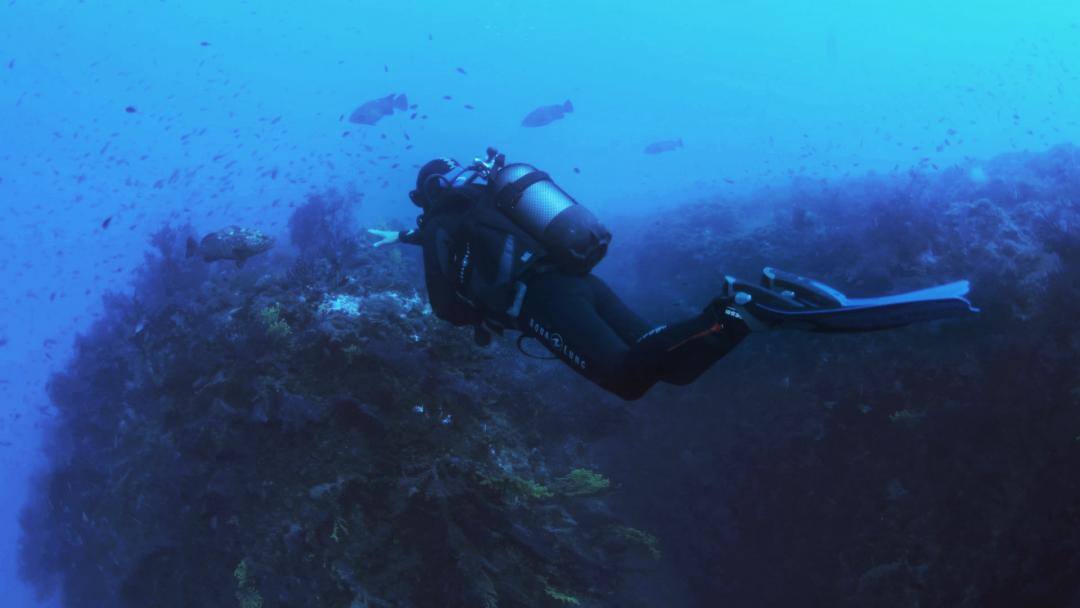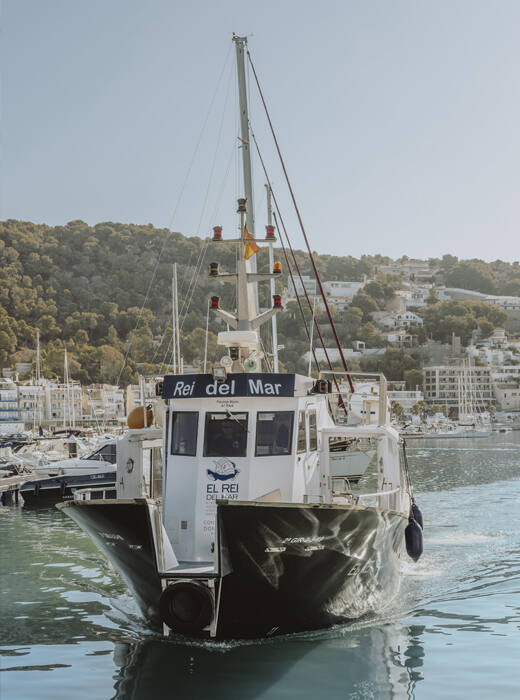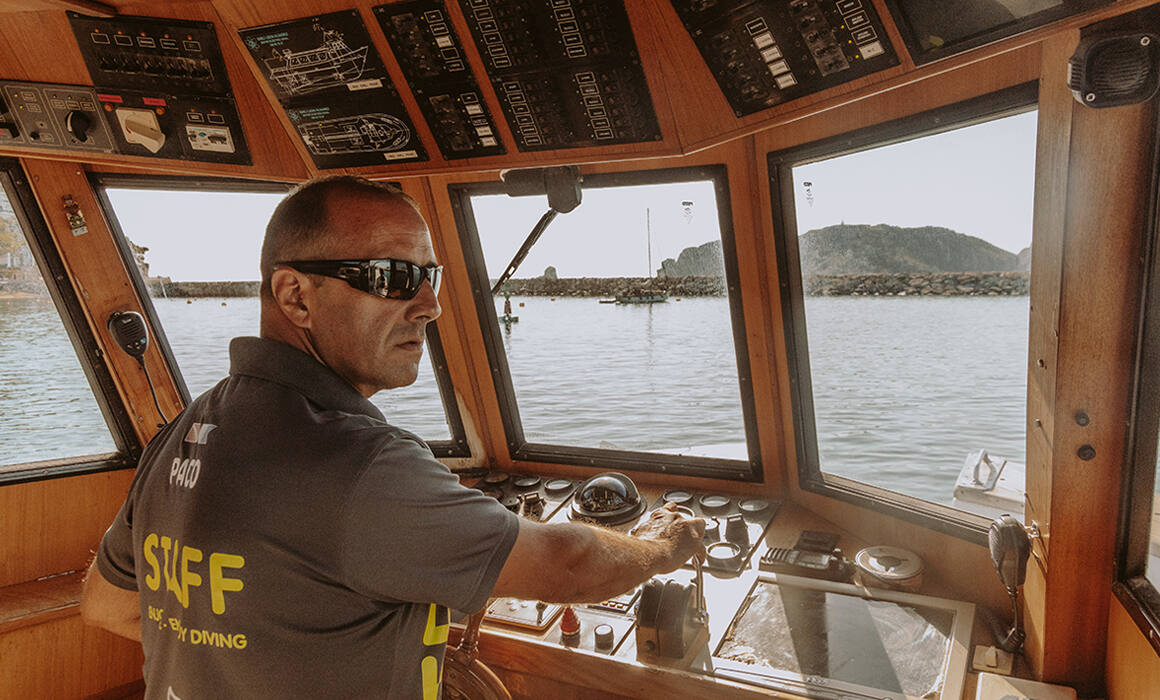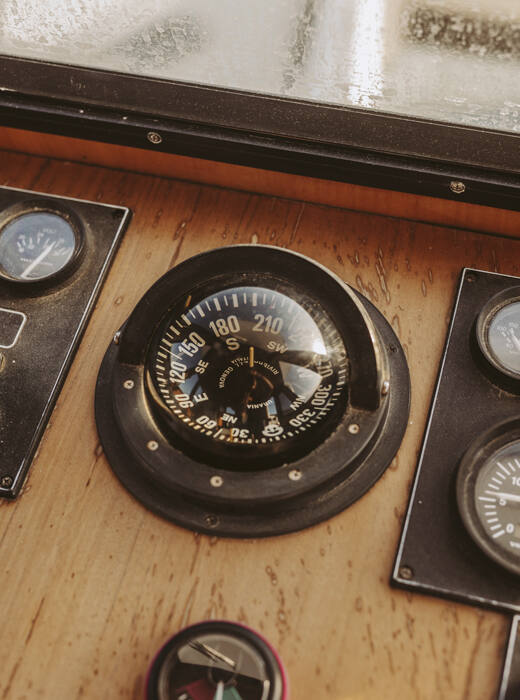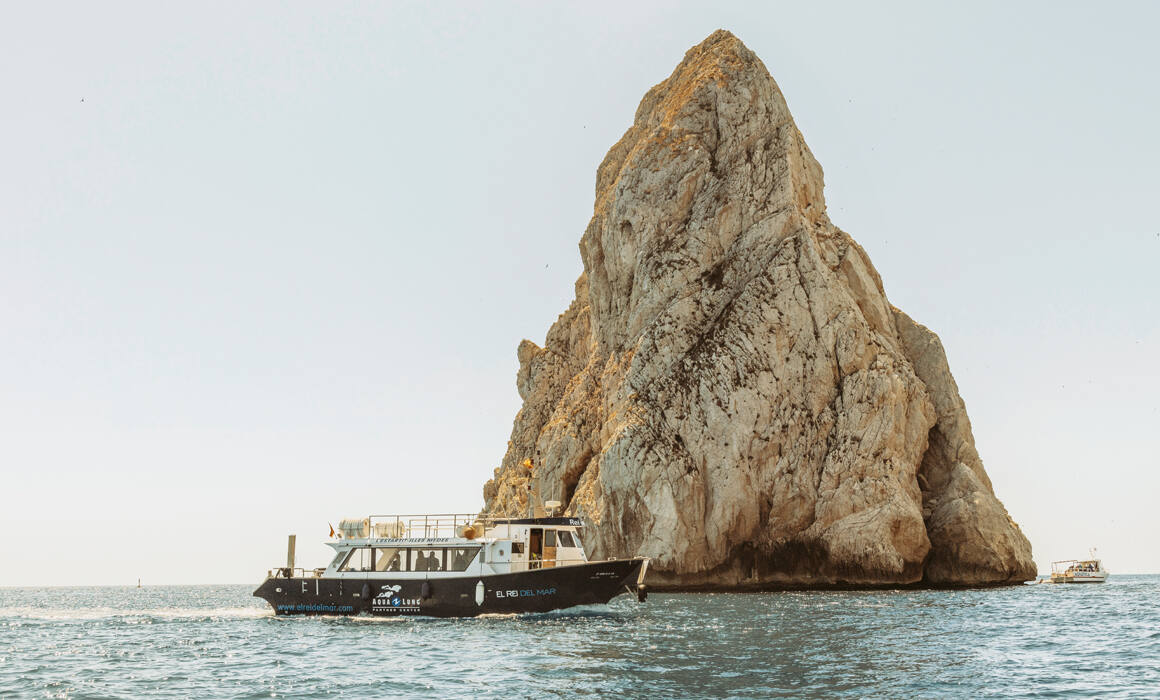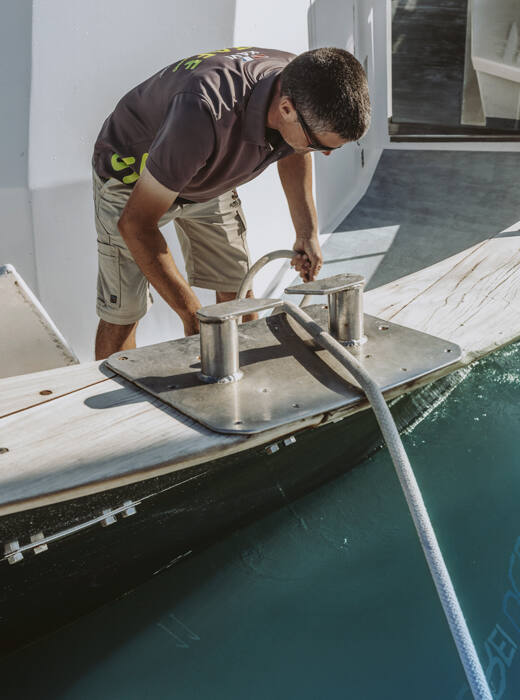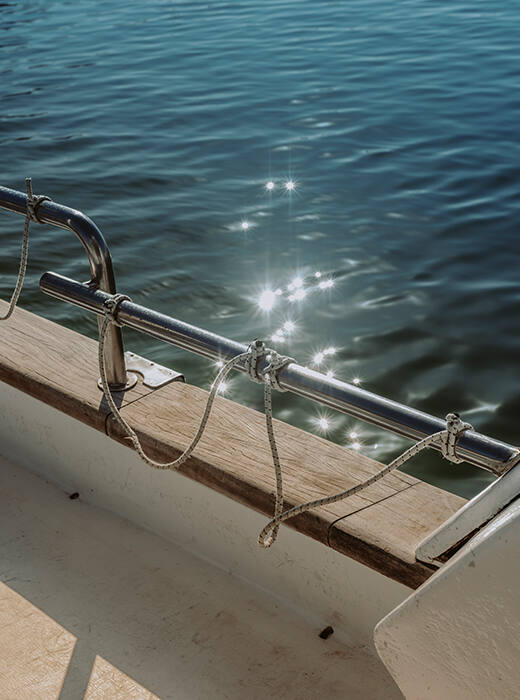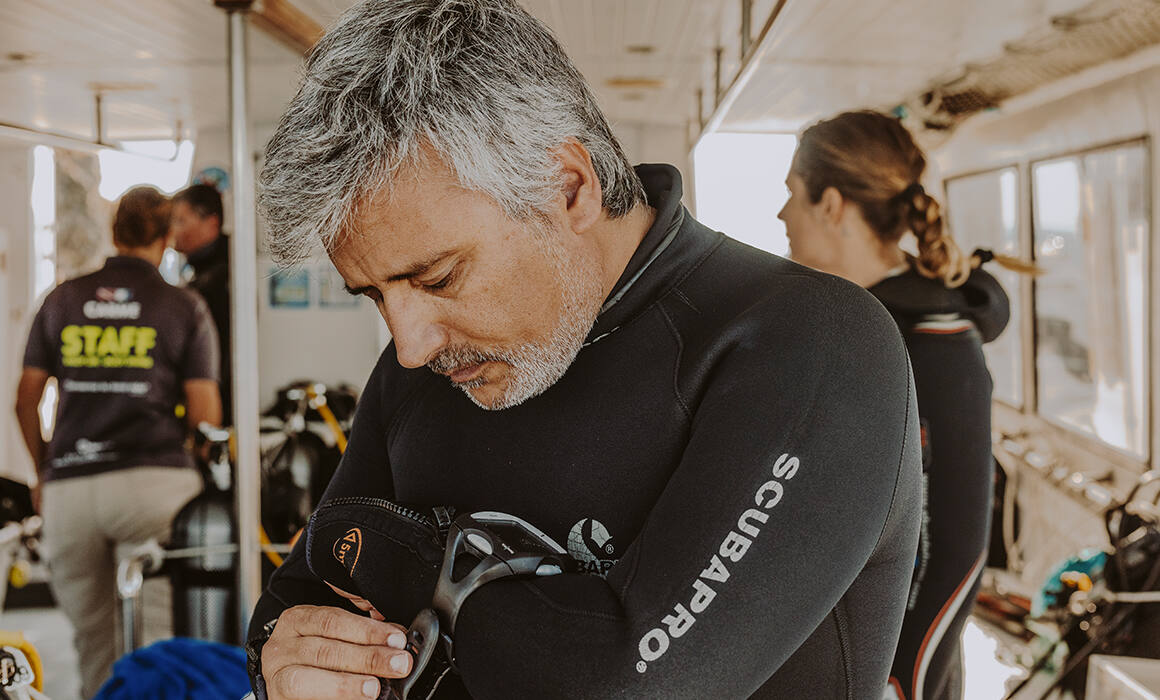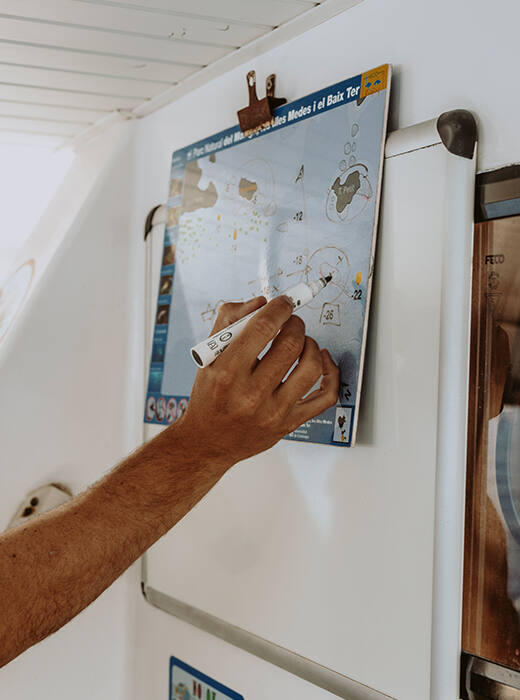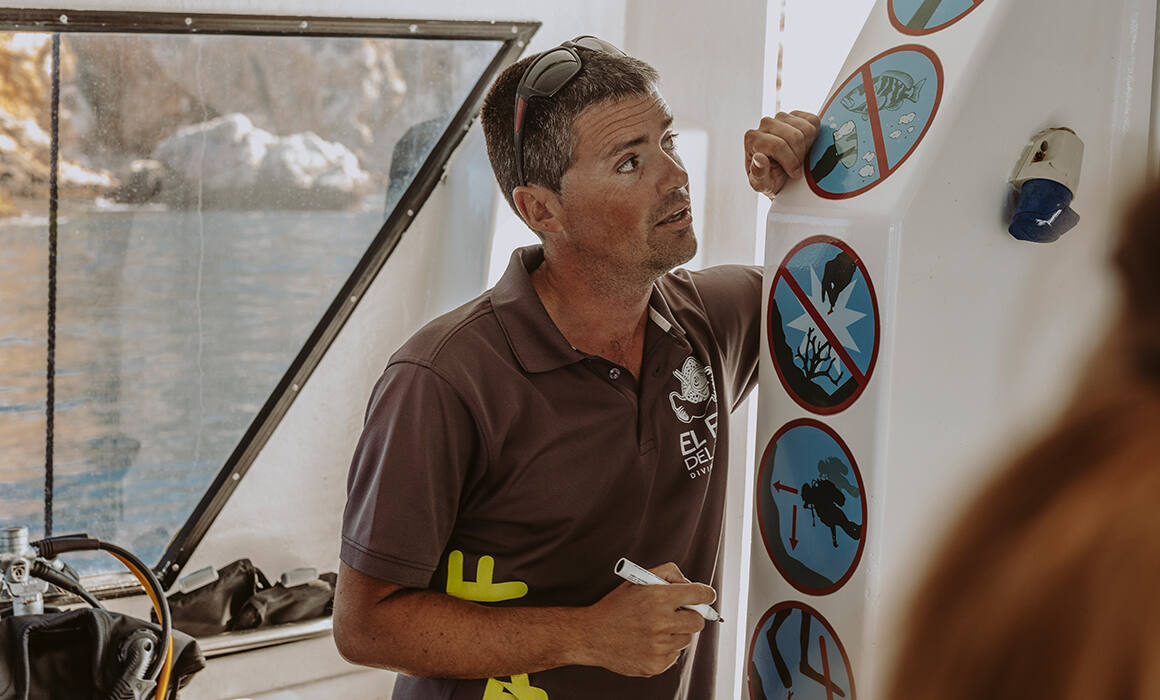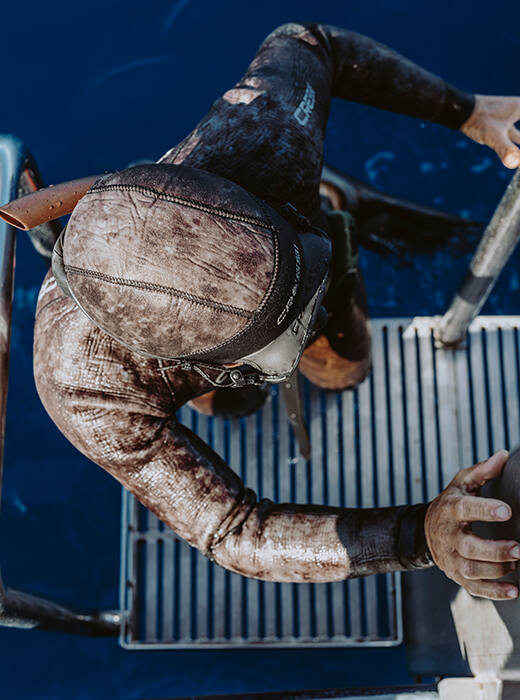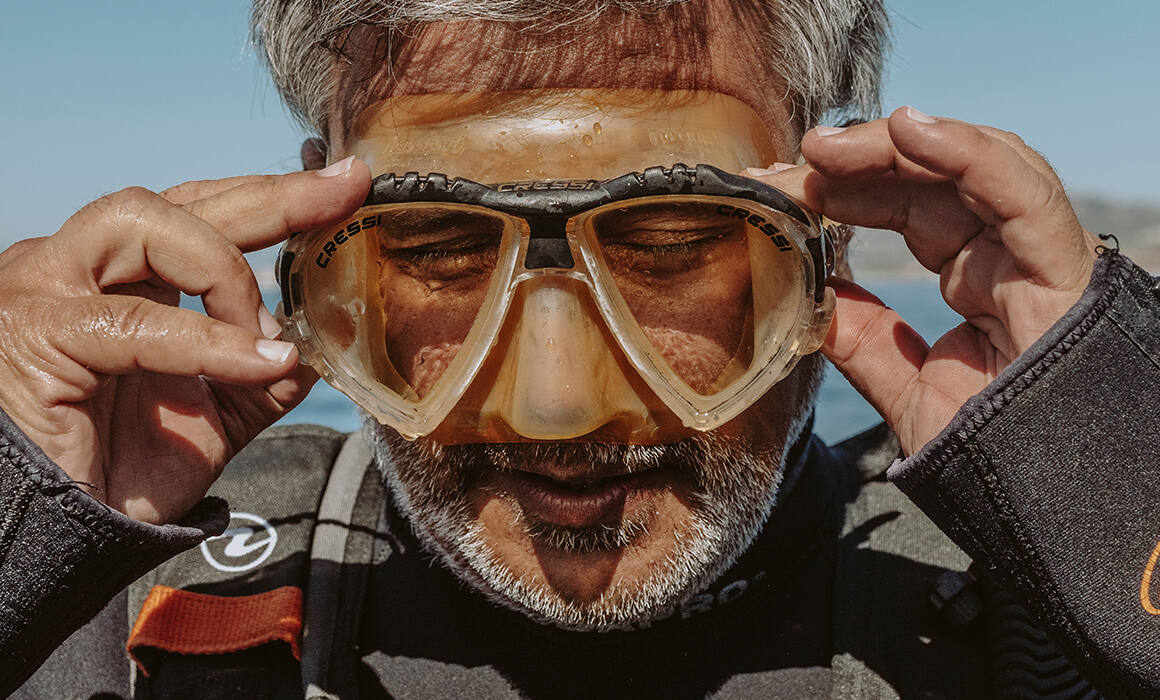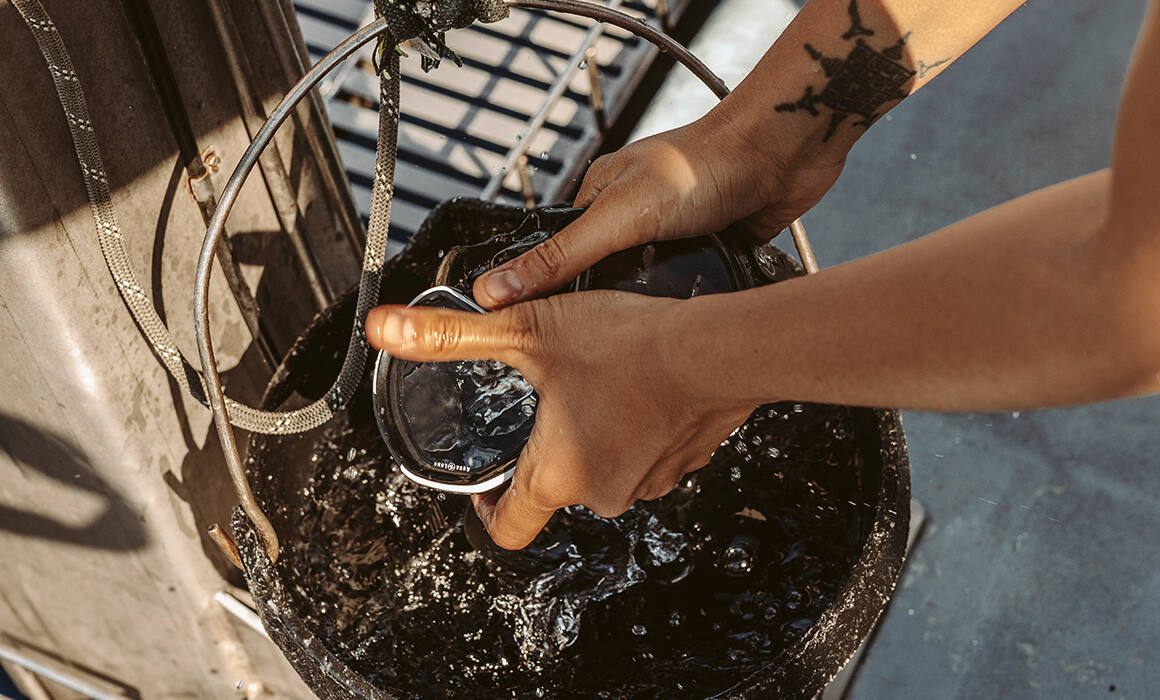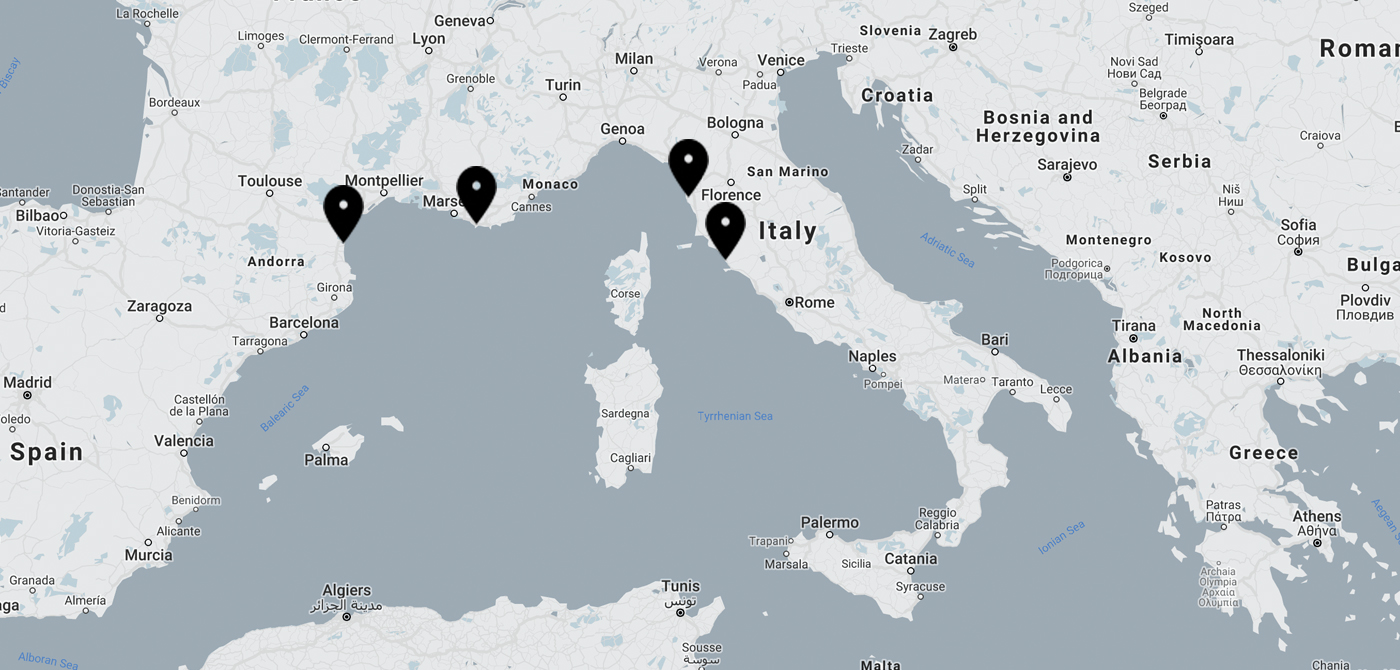The Marine Reserve in the Medes Islands is one of the most important dive sites in the western Mediterranean. If not performed in a controlled way, diving can have a negative impact on these habitats which are home to a wide variety of species. The Wildsea Divers project, which has been led by the SUBMON association since 2015, promotes responsible diving in a number of protected marine areas. This initiative assesses, trains and awards environmental quality badges to dive centres that promote sustainable recreational diving. A different type of diving that protects and conserves the natural submarine heritage of our sea.
Choose your country or region
- Europe
- Spain
- Catalonia
- Portugal
- United Kingdom
- International Version
Exploring or invading?
MEDES ISLANDS, COSTA BRAVA
Manel Gazo, co-founder and director of SUBMON
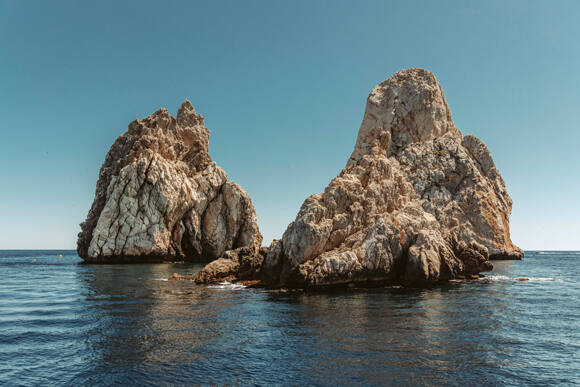
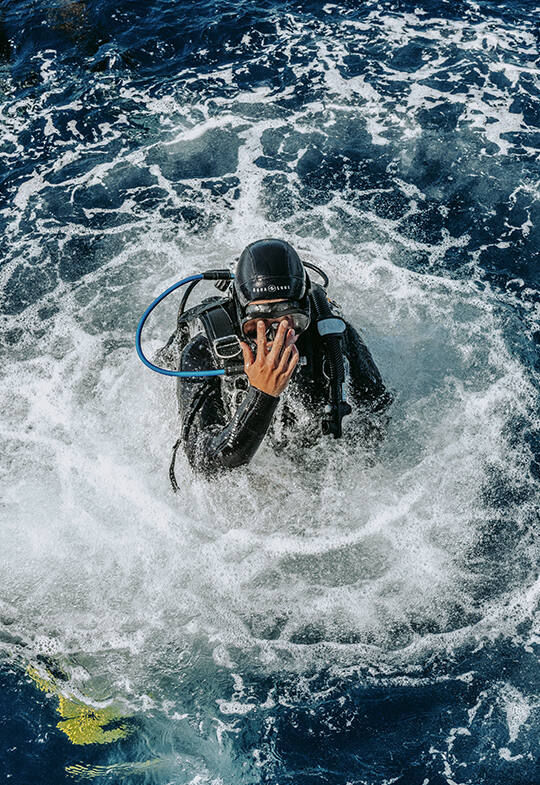
AN ACTIVITY ON THE RISE
With more than seventy thousand dives each year, the Medes Islands are a Mediterranean hot spot thanks to the quality of the water, the diversity of the habitats and the vast array of species that inhabit them. "The growth of diving over recent years has been positive because an increasing number of people have become familiar with the marine environment and can empathise with it," said Manel Gazo, co-founder and director of the SUBMON association, who also cautioned us about the importance of not interacting with the environment, "We are visitors down there: we must enter, look, explore and leave without causing change of any kind."
IN A FRAGILE ENVIRONMENT
According to a study carried out by SUBMON, the average number of times a diver makes contact with the seafloor is seven every 10 minutes. Many of these instances occur involuntarily and unconsciously but may cause significant damage to the marine ecosystem. "A simple unintended kick of the legs can wipe out 10, 20 or 30 years of growth of alcyonacea, red coral or bryozoa," warned Manel before appealing to every diver to take responsibility when diving, "There is nobody to monitor us under the water, it is down to us, so we must be conscious of the way we act so everything is preserved for the next dive.”
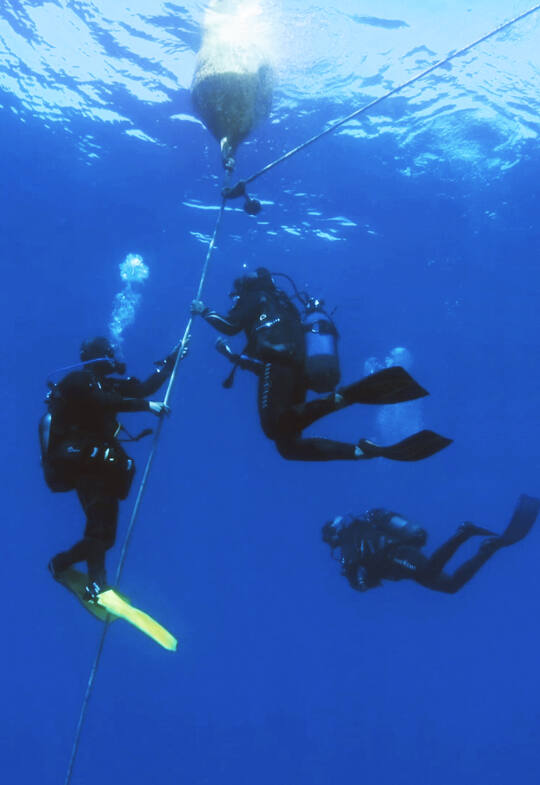
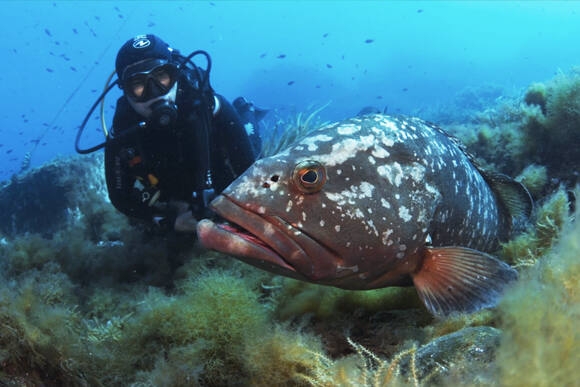
TRAINING VS. PROHIBITION
As a project, Wildsea Divers aims to change the way we interact with the sea, not only when diving but in relation to everything else that is involved: the type of boat, sailing to the dive site, the anchoring method, safety instructions and best practices with regard to wildlife. An initiative that, as Manel Gazo himself explains, is inspired by education rather than restriction, “It’s not about prohibition just for the sake of it, but understanding why our activity impacts the environment so we can create a community of people who understand diving in a different way.”
REASONS TO BELIEVE
The diving centres are a fundamental pillar of Wildsea Divers, they serve as a podium for the project and are responsible for establishing a different type of diving. One such example is Rei del Mar, in the Medes Islands, a diving centre that has taken as its mantra the words of marine biologist Álex Lorente, “to conserve is to give life,” and which advocates the importance of collaboration from the public in order to protect the biodiversity of the Mediterranean.
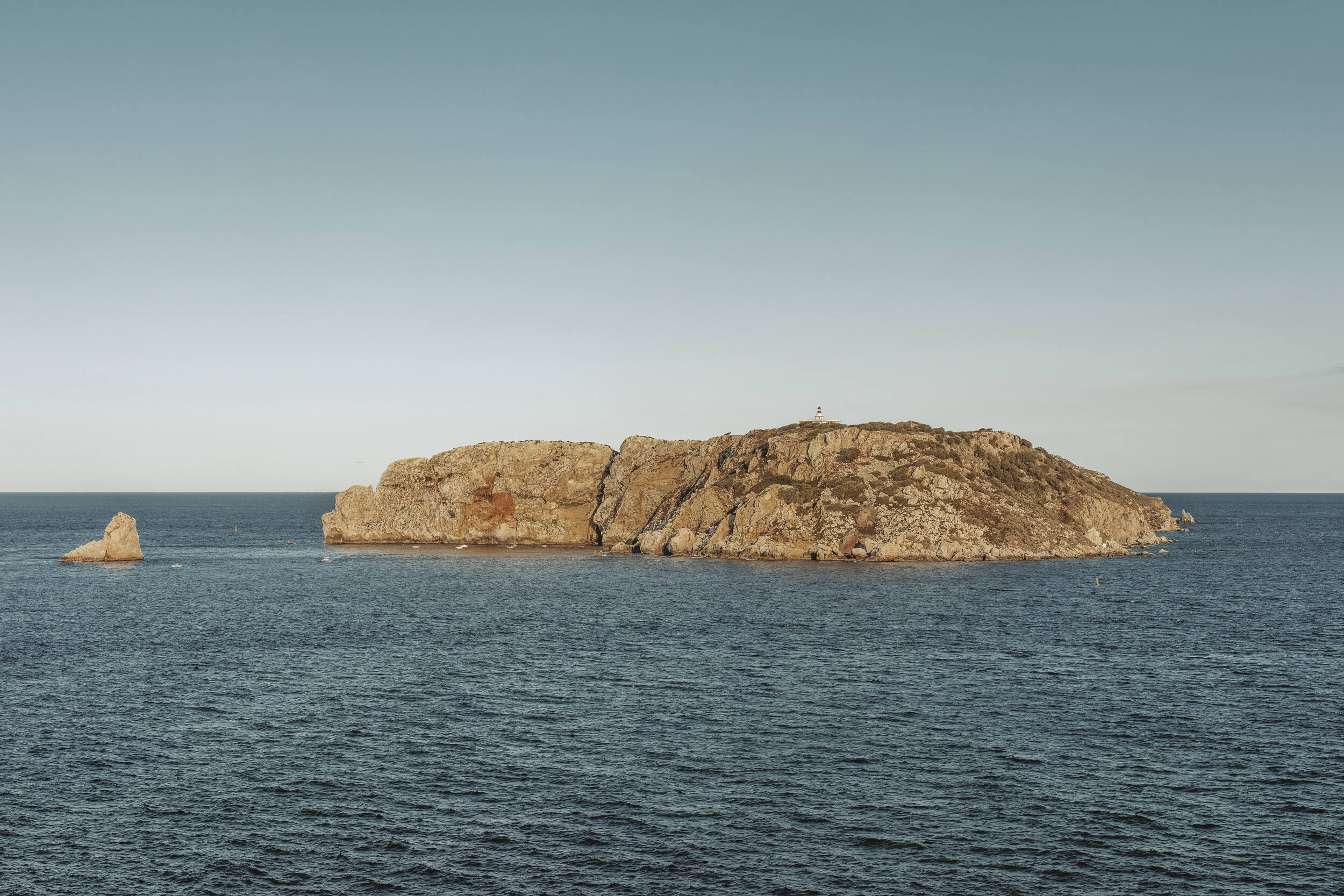
MORE MEDITERRANEAN PROJECTS
Discover other projects in our guide, like the creation of a sustainable beach bar in Ibiza, the installation of a floating bin in Mallorca or the seafloor cleaning on Tamariu Beach.

